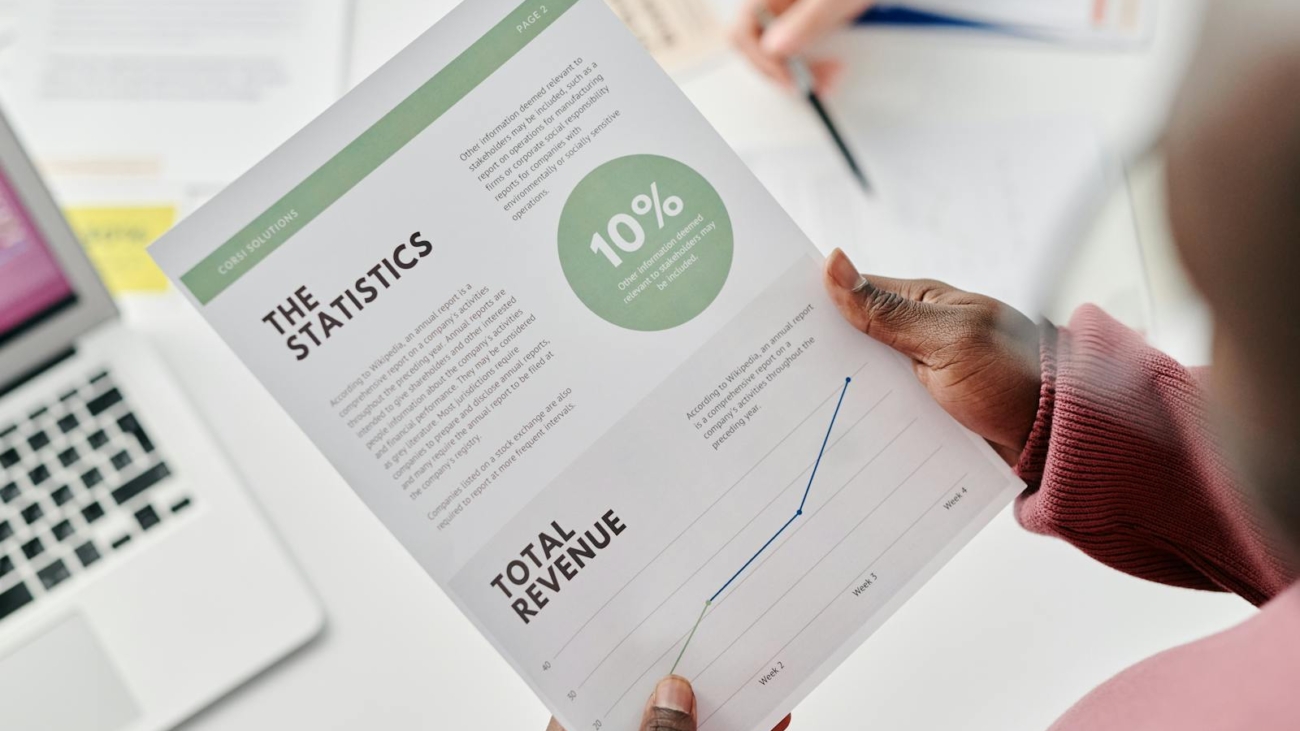1. Understanding the Connection Between Guest Feedback and Revenue Management
- Why Feedback Matters: Explain how guest satisfaction impacts repeat business, online reviews, and overall brand reputation—all of which affect revenue.
- Actionable Insights: Highlight how guest feedback offers insights that can guide pricing, service offerings, and marketing strategies.
2. Identifying Key Areas in Guest Feedback that Impact Revenue
- Pricing Complaints: Look for feedback related to perceived value and complaints about pricing, which could suggest areas to adjust rates or offer promotions.
- Service and Experience Issues: Highlight common service-related feedback (e.g., room quality, customer service) that, if addressed, can lead to higher satisfaction, repeat stays, and positive reviews.
- Seasonal Trends: Analyze comments related to seasonality (e.g., “too expensive during peak season” or “loved the off-season rates”) to fine-tune seasonal pricing strategies.
3. Analyzing Guest Feedback for Pricing Strategy Adjustments
- Dynamic Pricing Insights: Show how feedback can reveal when guests feel the price is too high or too low for the experience, helping you optimize pricing.
- Monitor Value Perception: Discuss the importance of tracking feedback to understand if guests feel they’re getting value for money, and how that insight can shape your pricing decisions.
- Customizing Offers: Use guest sentiment to create more targeted offers that reflect guest expectations and maximize willingness to pay.
4. Using Feedback to Optimize Your Distribution Strategy
- Channel-Specific Feedback: Analyze feedback based on where guests booked (e.g., OTAs vs direct bookings) to adjust commissions, promotions, and channel strategies.
- Promoting Direct Bookings: If guests comment on booking ease or dissatisfaction with third-party booking sites, use this information to streamline your direct booking process and offer incentives for booking direct.
5. Leveraging Positive Feedback for Upselling Opportunities
- Tailored Upselling: Use positive feedback to identify what guests enjoyed the most (e.g., amenities, location, specific services) and offer upsells that align with those interests.
- Targeted Promotions: Build offers around elements that guests appreciate, such as upgrading to premium rooms, spa services, or adding late checkout.
6. Turning Negative Feedback into Revenue-Boosting Actions
- Addressing Pain Points: Identify recurring complaints, whether it’s about room conditions, amenities, or customer service, and address them to prevent revenue loss.
- Improving Value: Make adjustments to perceived value based on feedback, such as enhancing amenities, offering better service, or adjusting pricing to match guest expectations.
- Proactive Response to Reviews: Use negative feedback as an opportunity to publicly show how you’re improving, which can help increase trust and ultimately revenue.
7. Integrating Guest Feedback into Revenue Forecasting and Planning
- Demand Insights: Use feedback to forecast demand shifts based on factors like seasonal preferences, events, and guest types.
- Predicting Trends: Analyze common feedback themes over time to identify emerging trends in guest expectations, helping you plan for future pricing and service enhancements.
8. Using Technology to Aggregate and Analyze Feedback
- Feedback Management Platforms: Introduce tools or platforms that aggregate feedback from various sources (online reviews, surveys, social media) to provide a holistic view of guest sentiment.
- Actionable Dashboards: Discuss how technology can help hotels analyze feedback data to quickly identify trends and make informed pricing decisions.
9. Implementing Continuous Improvement Based on Feedback
- Ongoing Monitoring: Stress the importance of continuously monitoring guest feedback as part of a larger revenue management strategy to stay agile and responsive to guest needs.
- Testing and Iterating: Encourage hoteliers to test new pricing strategies, offers, or services based on guest feedback, and measure the impact on revenue to optimize performance over time.


